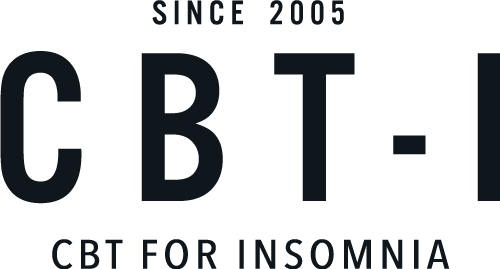Sleeping Pills are Only Marginally Effective
There is little evidence that the newer generation sleeping pills such as Ambien or Lunesta are more effective than older sleeping pills such as Dalmane or Restoril. There is, however, plenty of research to suggest that they are only mildly effective just like their predecessors.
A meta analysis of sleeping pill studies published in 2006 and funded by the National Institutes of Health found that when people were monitored in the lab, newer drugs like Ambien, Lunesta and Sonata worked better than placebo pills, but the results were not overwhelmingly persuasive. Viewed as a group, the pills, compared to a placebo, reduced the average time to go to sleep by about 10 minutes and increased total sleep time by approximately 10 minutes. Further, the drugs may not actually improve sleep. Rather, because of the amnesic effects of these drugs, people think they sleep better under the influence of most sleep medications because they don’t remember being awake. Keep in mind that, because most studies only assess efficacy for a few weeks, they may overstate the drugs’ effectiveness over the long term and understate the side effects (which is why drug companies are unwilling to conduct longer-term studies).
A closer look at the two leading sleeping pills, Ambien and Lunesta, offers more evidence that the newer sleeping pills are only mildly effective. Research at Harvard Medical School found that, compared to a placebo, Ambien only reduced time to fall asleep by about 20 minutes after 4 weeks of nightly use and by only five minutes when it was discontinued. In other words, sleeping pills do not produce enduring improvements in sleep.
Ads for Lunesta claim that it helps most people fall asleep quickly, stay asleep all through the night, and get an average of 7-8 hours of sleep. In reality, these assertions are far from accurate. The primary study on Lunesta was conducted by consultants and employees of Sepracor, the company that markets the pill, and even it showed that Lunesta only provides about six hours of sleep per night. Far from curing insomnia, Lunesta users lay awake for over three-quarters of an hour before falling asleep and woke for another three-quarters of an hour during the night. Like Ambien, Lunesta only reduced time to fall asleep by about 20 minutes compared to a placebo. These modest changes in sleep were statistically significant compared to a placebo but were not clinically significant . Moreover, 40% of people who took Lunesta dropped out of the study even though they were paid to participate. Finally, there was no proof that Lunesta provided objective benefits using EEG recordings or other objective measures of sleep.
To make matters worse, many drugs currently prescribed for insomnia are done so “off-label”, meaning they have never been tested or approved for the treatment of this disorder. A 2005 study showed that, of the top ten most frequently prescribed medications for insomnia, only Ambien, Restoril, and Sonata were approved for insomnia. The other seven medications, approved for the treatment of anxiety or depression but not insomnia, included (in order) Trazodone, Elavil, Remeron, Seroquel, Klonopin, Atarax, and Xanax . The off-label use of these medications means that many patients are taking prescription medications that are not proven more effective than a placebo and that may have significant side effects with long-term use. (Off-label use of medications is very common and is a physician’s prerogative; up to one-fifth of all drugs are prescribed this way).
